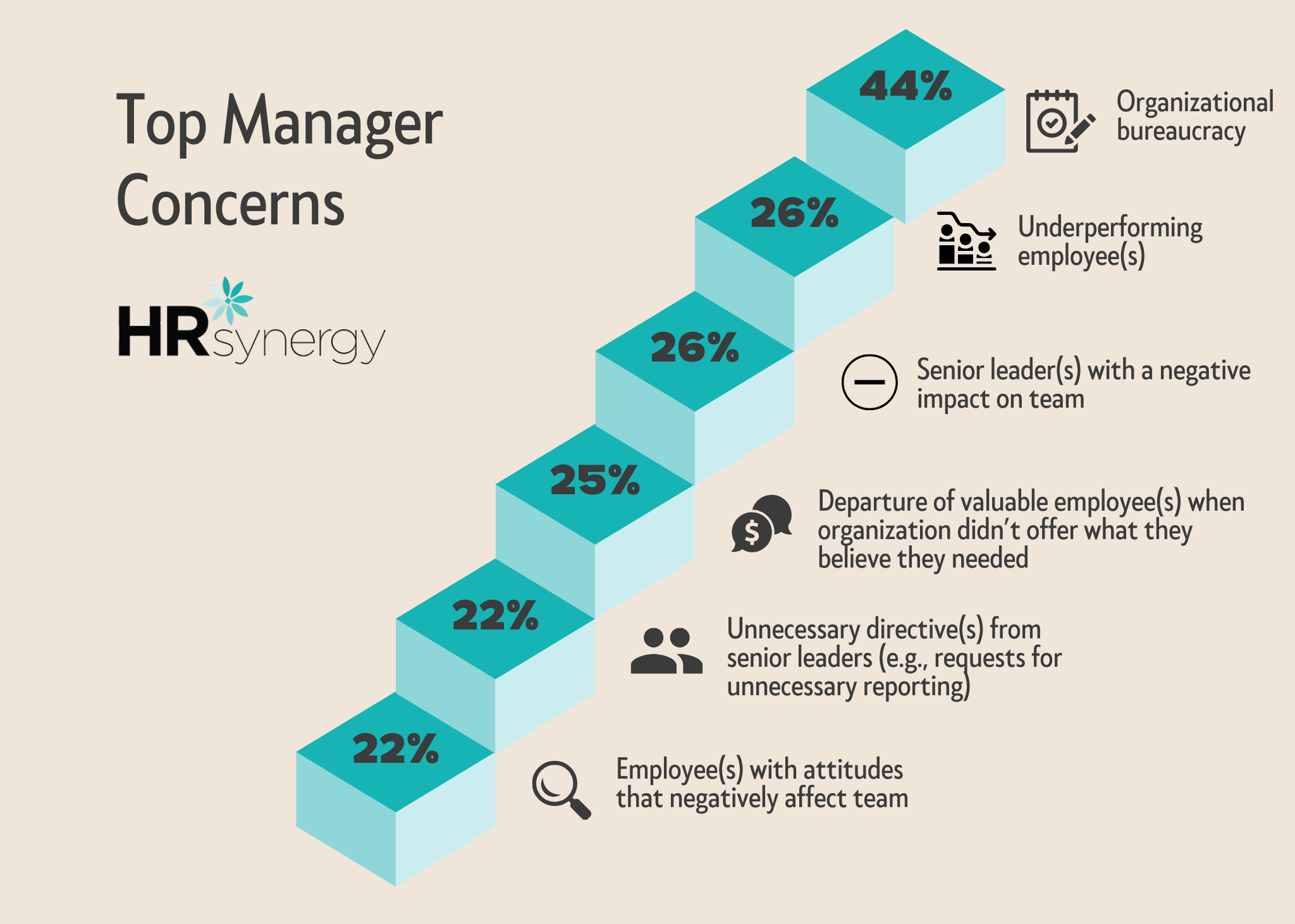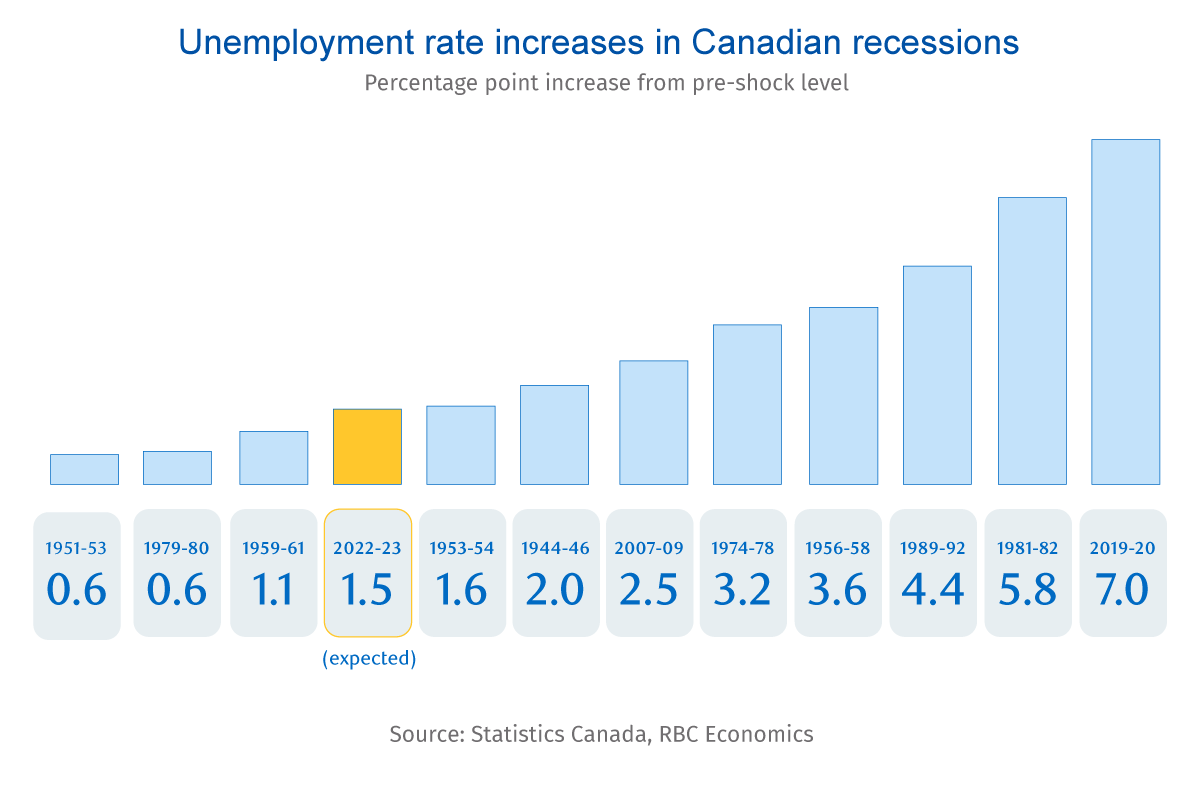Why Middle Managers Are Essential For Company And Employee Success

Table of Contents
The Crucial Role of Middle Managers in Communication and Information Flow
Middle managers are the linchpin of effective communication within an organization. They act as a vital bridge, translating the vision and strategies of upper management into actionable plans for their teams. This two-way communication is essential for a healthy and productive work environment.
Translating Vision into Action
Middle managers are responsible for interpreting complex company goals and strategies and breaking them down into manageable tasks for their teams. Effective communication is key here.
- Breaking down large projects: Middle managers dissect large-scale projects into smaller, achievable milestones, making them less daunting and more manageable for individual team members.
- Setting clear expectations: They clearly define roles, responsibilities, and deadlines, ensuring everyone understands their contributions to the overall objective. This fosters a sense of purpose and accountability.
- Ensuring alignment with overall objectives: They consistently check that team activities are aligned with the company's strategic goals, preventing teams from working on tasks that don't contribute to the bigger picture. This improves efficiency and minimizes wasted resources.
Effective communication strategies, including regular team meetings and clear documentation, are crucial tools for middle managers in this process. Team alignment is directly impacted by the clarity and consistency of this communication.
Facilitating Feedback and Upward Communication
Middle managers also serve as a vital conduit for feedback, acting as a link between employees and upper management. This upward communication is critical for identifying potential issues early, improving morale, and enhancing the company's decision-making process.
- Identifying emerging problems: By actively listening to their teams, middle managers can identify potential problems or areas of concern before they escalate into larger issues.
- Boosting employee morale: Open communication channels create a sense of trust and psychological safety, leading to improved morale and increased employee engagement.
- Improving company decision-making: By relaying valuable employee feedback, middle managers provide upper management with a more complete picture of the workplace reality, leading to more informed and effective decisions.
This two-way communication, facilitated by effective performance management and open communication channels, is essential for a responsive and adaptable organization.
Middle Managers as Mentors and Development Catalysts
Beyond communication, middle managers play a crucial role in employee development and team building. Their ability to mentor, coach, and foster a positive work environment is directly linked to employee retention and overall team success.
Fostering Employee Growth and Development
Effective middle managers invest in their team members’ growth and development, providing opportunities for training, mentoring, and career advancement.
- Providing regular coaching and feedback: This helps employees improve their skills, understand their strengths and weaknesses, and identify areas for improvement.
- Facilitating skill development: Middle managers identify training needs and provide access to resources to help employees enhance their competencies.
- Creating career progression opportunities: They actively support their team members' career aspirations, helping them identify and pursue advancement opportunities within the company. This is crucial for talent management and retention.
Mentorship programs and leadership development initiatives often fall under the purview of middle managers, showcasing their importance in talent cultivation.
Building Strong and Cohesive Teams
A positive and collaborative work environment is crucial for high performance. Middle managers are instrumental in fostering strong team dynamics and effective teamwork.
- Organizing team-building activities: These activities can improve communication, trust, and camaraderie among team members.
- Effective conflict resolution: Middle managers mediate conflicts, fostering a culture of respect and collaboration.
- Promoting collaboration and knowledge sharing: They create an environment where team members feel comfortable sharing knowledge, ideas, and best practices, leading to improved efficiency and innovation. Collaboration tools and team-building exercises are valuable assets here.
Employee engagement and a positive work environment are directly linked to the leadership style and effectiveness of middle managers.
The Impact of Effective Middle Management on Company Performance
The positive effects of strong middle management are far-reaching, impacting productivity, efficiency, and ultimately, the bottom line.
Increased Productivity and Efficiency
Effective middle managers optimize team performance through better organization, resource allocation, and process improvement.
- Improved project delivery: By setting clear goals, monitoring progress, and addressing challenges proactively, middle managers ensure projects are delivered on time and within budget. Project success is directly attributable to effective middle management.
- Reduced costs: Efficient resource allocation and process optimization minimize waste and improve profitability.
- Increased profitability: The combined effect of improved productivity and reduced costs directly translates into increased profitability for the company. Return on investment (ROI) is significantly improved through effective middle management.
Improved Employee Retention and Reduced Turnover
High employee turnover is costly and disruptive. Strong middle management plays a crucial role in improving employee satisfaction and retention.
- Improved employee satisfaction: A supportive and development-focused middle manager fosters a positive work environment, leading to increased job satisfaction.
- Reduced turnover: This results in lower recruitment and training costs, saving the company significant financial resources.
- Increased employee engagement: This translates to higher productivity and better overall performance. Talent retention is directly linked to a supportive and effective middle management team.
Conclusion
In summary, middle managers are not simply supervisors; they are essential catalysts for communication, employee development, and overall company success. They bridge the gap between leadership and employees, fostering a productive and engaged workforce. Strong middle management leads to improved productivity, reduced turnover, and increased profitability. Investing in the development of your middle managers is not an expense; it's a strategic investment in the long-term success of your organization. Invest in training programs for your middle managers to improve their leadership and communication skills. Recognize and reward the contributions of your effective middle managers. Prioritize the development of your middle managers for improved company performance and employee success. The success of your company hinges, in no small part, on the strength of your middle management team.

Featured Posts
-
 Trump Era Fda Regulations And Their Effect On Biotech Companies
Apr 23, 2025
Trump Era Fda Regulations And Their Effect On Biotech Companies
Apr 23, 2025 -
 Canadas Economy Deeper Recession Predicted Despite Lower Tariffs
Apr 23, 2025
Canadas Economy Deeper Recession Predicted Despite Lower Tariffs
Apr 23, 2025 -
 Bfm Bourse Edition Du 17 Fevrier A 15h Et 16h
Apr 23, 2025
Bfm Bourse Edition Du 17 Fevrier A 15h Et 16h
Apr 23, 2025 -
 24 Subat 2024 Guemueshane Okul Durumu Tatil Mi Acik Mi
Apr 23, 2025
24 Subat 2024 Guemueshane Okul Durumu Tatil Mi Acik Mi
Apr 23, 2025 -
 Ankara Iftar Sahur Vakitleri 3 Mart 2024 Pazartesi
Apr 23, 2025
Ankara Iftar Sahur Vakitleri 3 Mart 2024 Pazartesi
Apr 23, 2025
